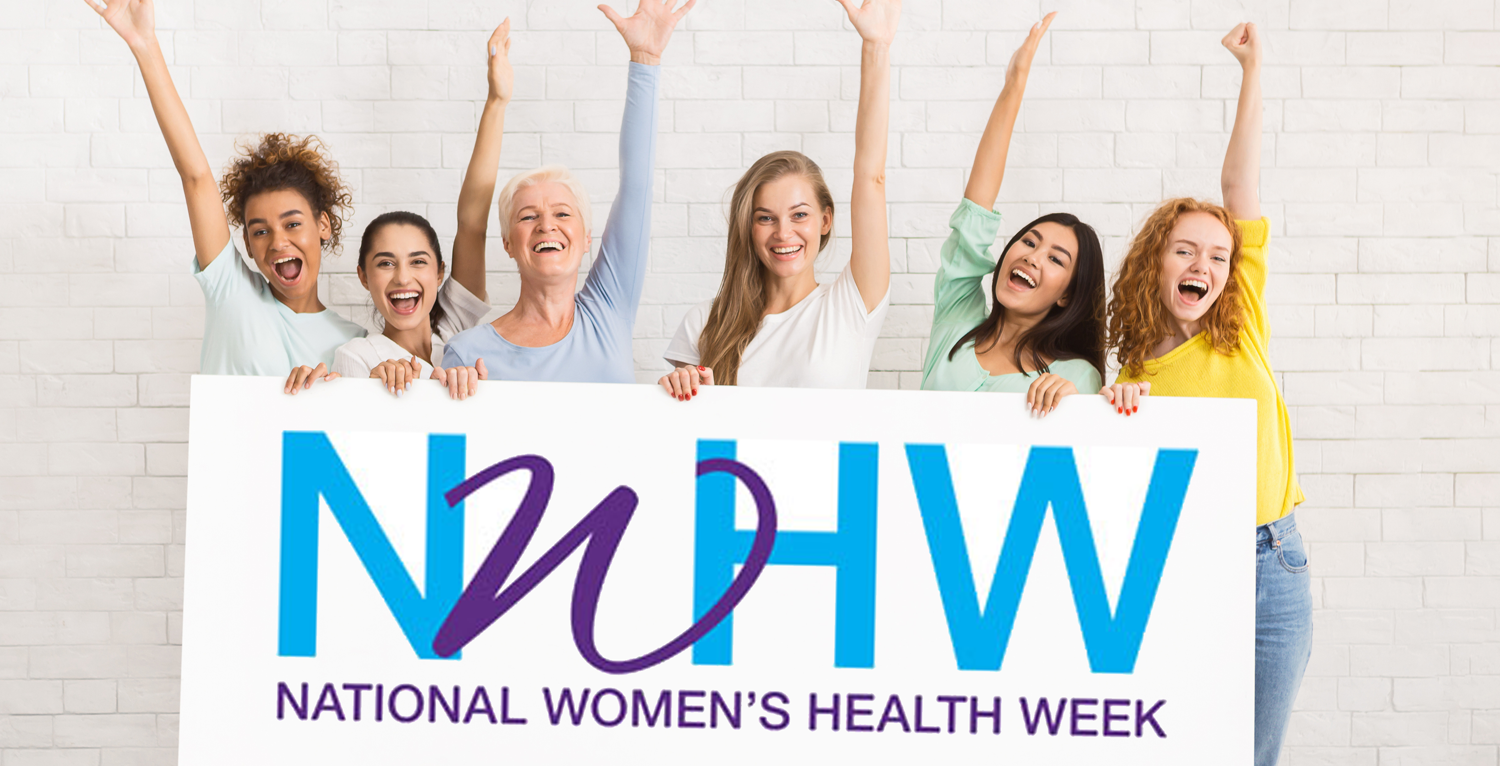
Eradicating the Taboos of Women’s Health at Work
Women comprise half of the workforce, with totals of 74 million working women in the US last year, and over 15 million in the UK. That’s why it is alarming that 81% of women reported feeling like they couldn’t speak up and expect reasonable adjustments to be made for their health by their employers. As an employer, knowing how to support women’s health results in a healthier work community. Not to mention higher productivity, greater retention and increased engagement – but this is only possible if employers understand these needs and how to begin actively eradicating the taboos surrounding them.
Here are just some of the health issues that employers need to know about:
- Fertility Treatment – it was recently discovered that 1 in 6 people worldwide struggle with their fertility, and so using fertility treatments (medical, surgical and assisted conception) is becoming increasingly common. And even those who don’t struggle, such as same-sex couples, will be using these treatments if they choose to have a child. Employers knowing the effects of treatments such as IVF will mean they can better support and be flexible to the needs of these staff members. This is especially important considering that a quarter (24%) of women who told their employer about their fertility treatment did not receive any support at work.
- Pregnancy – ensure that, as an employer, you have the right support and transition measures in place for female employees while they are pregnant, when they are returning back to work, and accommodating for needs such as breastfeeding and childcare.
- Menopause – three out of five (59%) working women between the ages of 45 and 55 who are experiencing menopause symptoms say it has a negative impact on them at work. With menopause support just starting to become more discussed in a workplace setting due to a significant rise in midlife workers, it is now more important than ever to have menopause support policies in place to attract and retain this pool of skilled talent.
- Menstruation – recent research from Deloitte found that nearly a fifth of women who have taken time off for period pain did not share this as the reason with their employer. As well as this, 28% of those who suffer from endometriosis (a menstrual condition where tissue similar to the lining of the womb grows outside of the uterus) said they had to change or leave their job as there was not enough support and/or the culture of the workplace wasn’t open enough for these issues to be discussed.
- Hormonal Treatment – it is very common for transgender women to have estrogen hormone therapy, and this requires having regular injections of estrogen. These can cause many side effects that are similar to that of menopause, including mood swings, hot flashes, anxiety, and migraines. Understanding the treatments that some trans women opt to use will allow you as an employer to gain a deeper understanding of how you can better support and optimize these staff members.
These are just some of the health concerns that women find themselves dealing with, but there are so many others. And as an employer, it can sometimes be difficult to have a deep understanding of every single health issue that affects women. This is why it is imperative that leaders are striving to create a culture where their employees feel safe, valued, and able to express any needs or concerns they have. This allows for an employer to make the effort to seek guidance and training to assist and support where they can. This will result in a happier, healthier workforce who are going to be more engaged, more loyal, and more productive, and serve as a reminder that women should not be made to feel ashamed about their health.
If you would like to discuss training around these issues, as well as policy-making guidance and culture strategies, please get in touch with me at victoria.sprenger@orgshakers.com